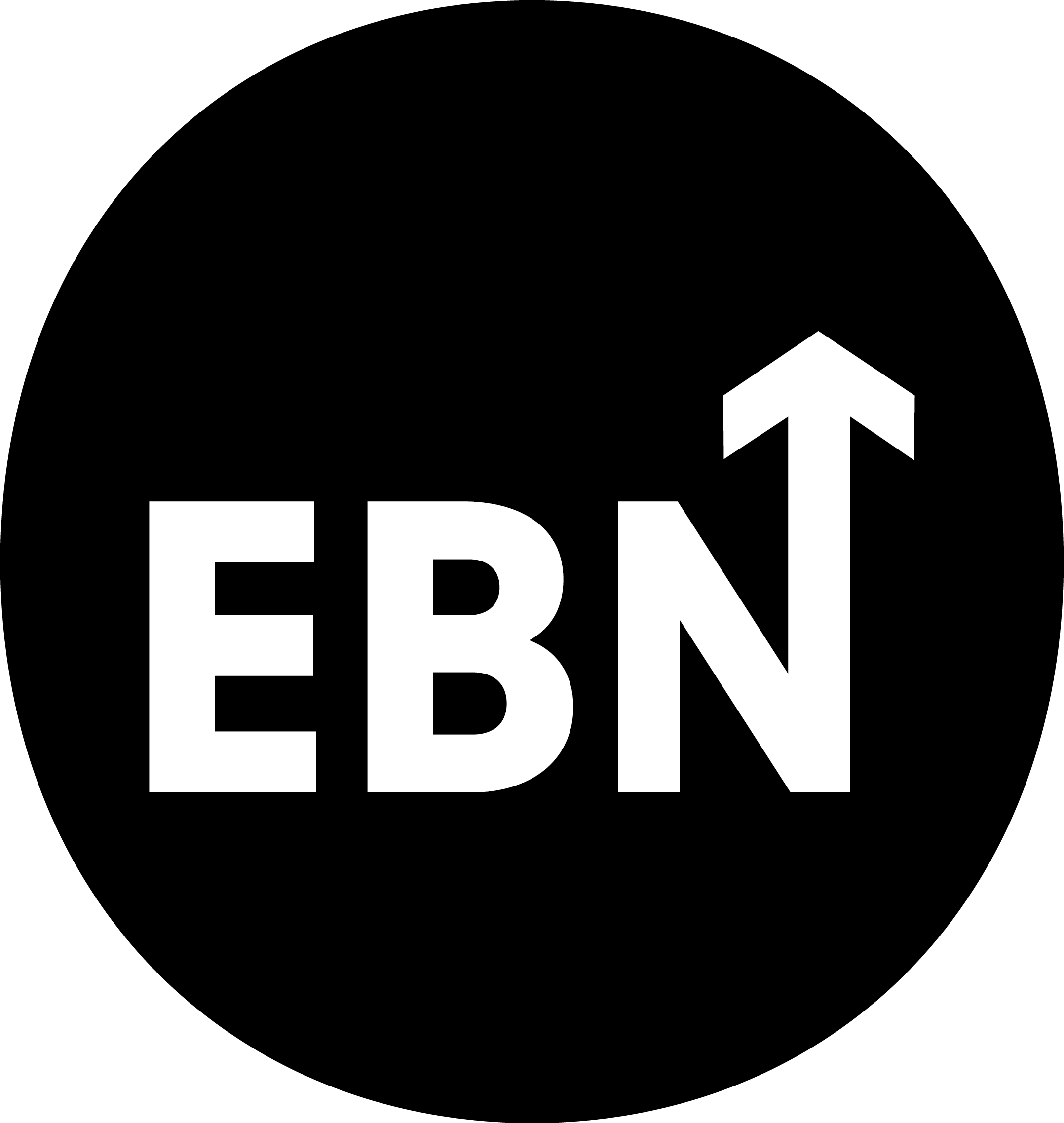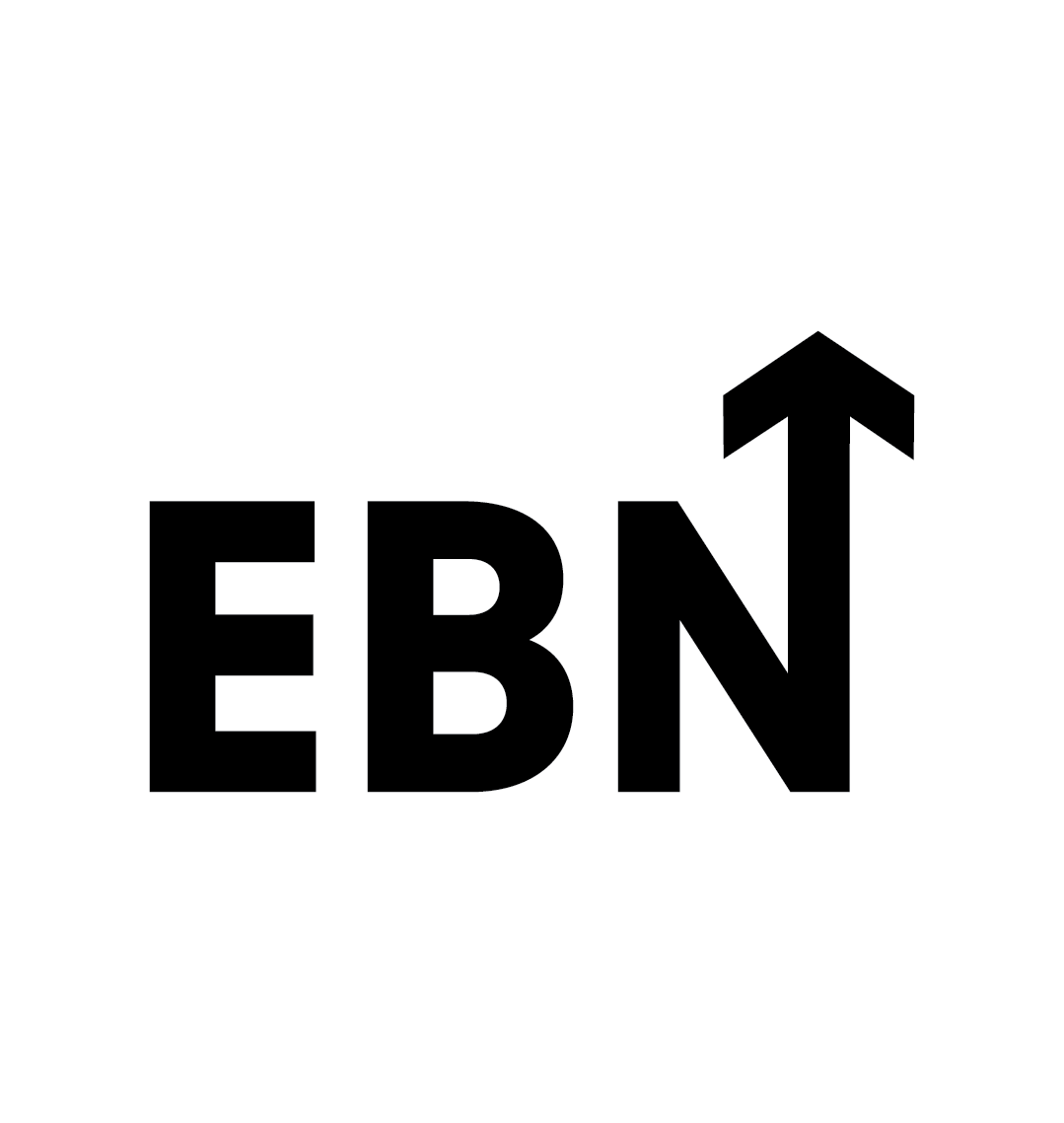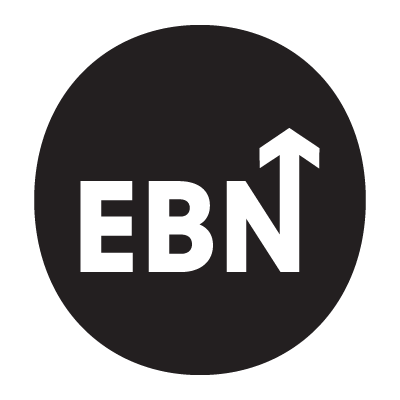Just a few years ago, companies were vying for top talent with promises of flexible work, wellness programs, and inclusive cultures. The “War for Talent” was about attraction and retention. Today, that war has taken a darker turn. Employers are issuing ultimatums, enforcing rigid return-to-office mandates, and conducting mass layoffs - even amid record profits. The rhetoric has shifted from nurturing to controlling, from supportive to punitive. This transformation isn’t just a change in tone; it’s a fundamental shift in how companies value their employees. Employers, you might want to rethink those values and reword that EVP!
Momentum isn’t always progress, especially when you always end up back where you started.
Fathom helps you escape the loop. With insight, not intuition.
A Shift in Tone: From Wooing to Warning
This is just a small sample of how CEO's at leading employers are talking about talent. Judge for yourself...
- David Solomon, Goldman Sachs: “This is a business that requires a lot of personal interaction. If you want a bank with flexibility, go somewhere else.”
- James Gorman, Morgan Stanley: “If you can go to a restaurant in New York City, you can come into the office.”
- Mark Zuckerberg, Meta: “Realistically, there are probably a bunch of people at the company who shouldn’t be here.”
- Andy Jassy, Amazon: “It’s not right for some people to be in three days a week and others to refuse. If you can’t align, it’s probably not going to work out for you.”
- Elon Musk, Tesla: “If you want to work from home, pretend to work somewhere else.”
And unless you don't have an internet connection, you'll have seen many other similar recent examples. And this isn't coming from rogue middle managers, this is the top dog talking. So much for supportive work environments and caring leadership. The message that talent commonly sees and hears now is undoubtedly one of control and compliance. If culture truly does start from the top, as many say, this is a worrying shift.
The “Top Employer” Paradox
What riles me is that so many of these companies regularly appear on “Top Employer” lists. Amazon, Google, Meta, and J.P. Morgan all feature prominently on Glassdoor’s Best Places to Work and Universum’s Most Attractive Employers lists. Goldman Sachs and Starbucks have been lauded for employee development and diversity. Even Tesla and SpaceX have won a slew of people-related accolades. It makes wonder who it is rewarding and recognizing these workplaces? Surely there are those that are far more deserving.
Maybe it's justified? Maybe these companies have earned the right to demand excellence. Or is it more the case that “Top Employer” awards are just elaborate PR theatre? Perhaps it’s a bit of both. But one thing is for sure, the halo effect of these lists and awards allows firms to get away with what would normally be employer brand suicide - a case of tough policies softened by shiny badges. For every talented individual that’s put off by shocking people practices, several others are lured in by the glitter – a kind of clever talent PR arbitrage.
Helping HR, talent acquisition, employer branding, and company culture professionals find careers worth smiling about.
What’s Driving the War on Talent?
Economic Pressure & Shareholder Demands
Often the first factor to be blamed is this state of ongoing economic uncertainty. But I’m struggling to remember how long ago we weren’t blaming everything on economic uncertainty – seemingly the only thing that's certain right now is economic uncertainty. I call BS. Sure, you can argue it’s prudent to reduce costs if the future looks shaky, but that argument doesn’t hold up alongside record profits. I think it’s time to stop drinking the Kool-Aid on this one and revoke corporate greed’s hall pass.
Post-Pandemic Power Struggles
The pandemic-induced shift to remote work disrupted traditional power dynamics. Anybody still remember the Great Resignation? What seems apparent now is that some leaders are attempting to reclaim authority by enforcing tough return-to-office mandates - disregarding employee preferences and productivity data. But it reeks of ego and chest beating. Like other observers, I’m still waiting for solid data that backs up the claims about culture. Obviously, I won’t be holding my breath.
AI’s Rise and the Disposable Worker Mindset
The rapid adoption of AI technologies has led to the perception of human workers as expendable, with many employers attracted to automation like a moth to a flame. It feels a lot like “We're all one big family” has been replaced with "shut up and take your medicine”. Now that HI has been devalued by AI, many people are simply too scared to rock the boat - so, medicine it is.
Tough Guy Branding
In uncertain times, some executives adopt a hardline approach, believing that displays of toughness equate to strong and effective leadership. Except that this often results in a culture of fear rather than one of collaboration and innovation. But does that matter if the audience for the brand is no longer talent? If it’s shareholders, the rebrand suddenly makes sense.
Where’s It All Happening?
Tech:
Of course, the first out the traps are always the tech firms. Mass layoffs, performance shaming, and brutal cost discipline under the guise of “focus.” Could it be that those who created and own the tech best understand how to harness and deploy it, making them the least beholden to HI? Surely not. INC recently highlighted a similar issue.
Finance:
Wall Street takes the crown for leading the charge on RTO mandates, with thinly veiled threats and pride in being “tough.” Wolf of Wall St. might have been set in the 80s and 90s, but it's looking a lot like retro is making a comeback.
Retail & Logistics:
Workers on the floor are facing algorithmic micromanagement, Orwellian levels of surveillance, and job precarity. At Amazon, even bathroom breaks are scrutinized. You know things are tough at a company when South Park makes a double episode mocking your leadership and people practices.
Consulting:
After years of over-hiring, firms are now (not so) quietly “managing people out” en masse, often under vague performance criteria. Coincidently, this is also one of the industries most tipped to be able to "do more with less" (less, people that is), thanks to AI. Of course, we don’t deal in conspiracy theories here.
Business Insider seems to agree.
The Human Cost: Stories from the Front Lines
At Meta, the recent layoffs - conveniently branded as a purge of “low performers” - have sparked more than a little scepticism. Many of those shown the door had glowing reviews or, better yet, no feedback at all before being blindsided. They must’ve meant a different kind of low performance - perhaps political or financial. Call it what you want, but “performance-based” seems like a flattering euphemism for “cost-cutting dressed as meritocracy.” Not so long ago, Meta was seen as a dream employer. These days? You'd have to be totally mad to dream of working there.
The Data Doesn’t Lie: Declining Engagement and Trust
And here we are again… trust! The word that’s quietly doing more damage than AI ever could (and that bar is pretty high). As someone who eats, sleeps, and occasionally dreams employer branding, I’d argue trust - not tech - is the biggest macro topic of the year. Forget the robots taking over (or just park it for a quick minute); it’s the slow erosion of confidence in leadership and institutions that’s really hollowing employer brands and the recruitment market out. And if you’re still not convinced, allow me to ruin your day further…
- Gallup reports a decline in global employee engagement from 23% in 2023 to 21% in 2024, costing the world economy an estimated $438 billion in lost productivity. Pinch of salt on the cost calculation but the direction of travel is clear.
- Edelman’s Latest Trust Barometer indicates that one in five employees doesn’t trust their employers, and that remaining trust is fragile and can be easily eroded by perceived injustices or lack of transparency – which are not exactly in short supply.
- PwC’s 2024 Global Workforce Hopes & Fears Survey reveals that 28% of workers are considering changing employers within the next year, highlighting a significant level of dissatisfaction - up from 19% in 2022.
The Employer Brand Fallout
Us EBNers know, a company’s reputation as an employer is critical if attracting and retaining quality talent is the goal. Aggressive tactics and negative rhetoric, especially from the top, can severely damage reputation and brand, meaning...
- Reduced Retention: Employees with options are less likely to stay in environments where they feel threatened, let alone valued. Meaning top performers are likely to walk.
- Decreased Advocacy: Those that stick it out will likely pump the breaks on productivity. Disengaged employees won't promote their company positively, impacting advocacy, reputation, and everything else downstream.
- Talent Attraction Challenges: Top candidates are increasingly avoiding companies known for toxic cultures or instability. And yes, these smart people will see through the paid-for awards.
Final Word: Leadership Isn’t Measured in Mandates
The shift from nurturing talent to exerting control reflects a broader crisis in leadership and the talent market itself. True leadership used to be known for building trust, fostering growth, and valuing employees as integral assets. Companies that change lanes from this version of leadership, be that calculated or on the whim of executive egos, risk not only losing their best people but also undermining their long-term success.
These own goals seem totally unnecessary.
If - and it’s a serious “if” these days – talent is “still” a key differentiator, companies getting tough with talent should probably reconsider their approach to employee relations. If you have cuts to make, do it the old fashioned way and pretend to care and manage the PR. And beyond the optics, there is still value in caring for your workforce – they'll pay you back with productivity, loyalty, and their best work. The fix here isn’t rocket-science, it starts with a simple recalibration of rhetoric – switching the threats for something more empathetic, transparent, and supportive. Nothing complicated, just going back to how things were not all that long ago.
Takeaways
The war for talent has become a war on talent:
The nurturing language of attraction has been replaced by the cold commands of compliance - and talent has noticed.
Tough talk from the top trickles down:
Execs are choosing bravado over balance, with a wave of chest-beating mandates replacing dialogue, trust, and flexibility.
Reputation and reality are dangerously out of sync:
Many so-called “Top Employers” are running on the fumes of past goodwill while quietly managing people out or enforcing rigid controls. It’s PR arbitrage at scale.
This isn’t about economics, it’s about priorities:
Record profits undermine the narrative of financial necessity. What we’re seeing is a cultural choice, not a fiscal one.
Trust is breaking and the data proves it:
Engagement is falling, attrition is rising, and top performers are quietly opting out. Employer brands are bleeding credibility.
There’s still time to course-correct:
The fix isn’t complicated: swap the threats for transparency, control for care, and performance fear for purpose. Leadership isn’t measured in mandates, it’s felt in moments of respect.







